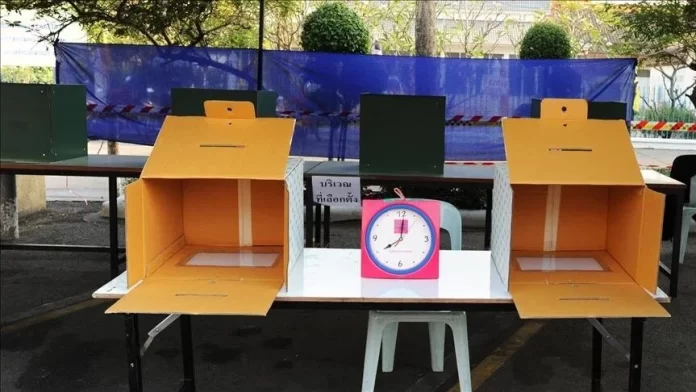Millions of Thai voters have begun to cast ballots in a general election that began at 8 a.m. local time on Sunday.
For the next four years, almost 52 million eligible voters will elect members of a new 500-seat House of Representatives.
Pheu Thai, the Move Forward Party (MFP), the United Thai Nation (UTN) Party, the Democrat Party, the Palang Pracharath Party (PPRP), and the Bhumjaithai Party are among the major parties competing.
Thailand’s political landscape is frequently divided into two camps: supporters of the military regime and supporters of greater democracy and human liberties.
Prayuth Chan-Ocha, a veteran Royal Thai Army general, took power in a military coup in May 2014, deposing Prime Minister Yingluck Shinawatra’s democratically elected government.
He commanded the military junta until 2019, when he was appointed prime minister of a civilian administration chosen by the junta’s hand-picked MPs. He has been in office ever since, making him Thailand’s longest-serving prime minister.
The election provides a chance for opposition organizations to challenge Prayuth’s hold on power.
The opposition Pheu Thai Party, one of the most popular political parties that won five general elections before being deposed by the coup, is leading in most surveys, with a strong base of support in rural regions and among working-class voters.
In addition, polls show that the progressive Move Forward Party, which sprang from pro-democracy protests in 2020 and swiftly gained popularity among young voters and pro-democracy activists, is regarded one of the main possibilities.
According to Thai PBS World, 6,679 candidates are competing for 500 seats in parliament, while 43 parties have nominated 63 candidates for prime minister, including nine women.
Voting will close at 5 p.m. on Sunday, with preliminary results expected later that day.

